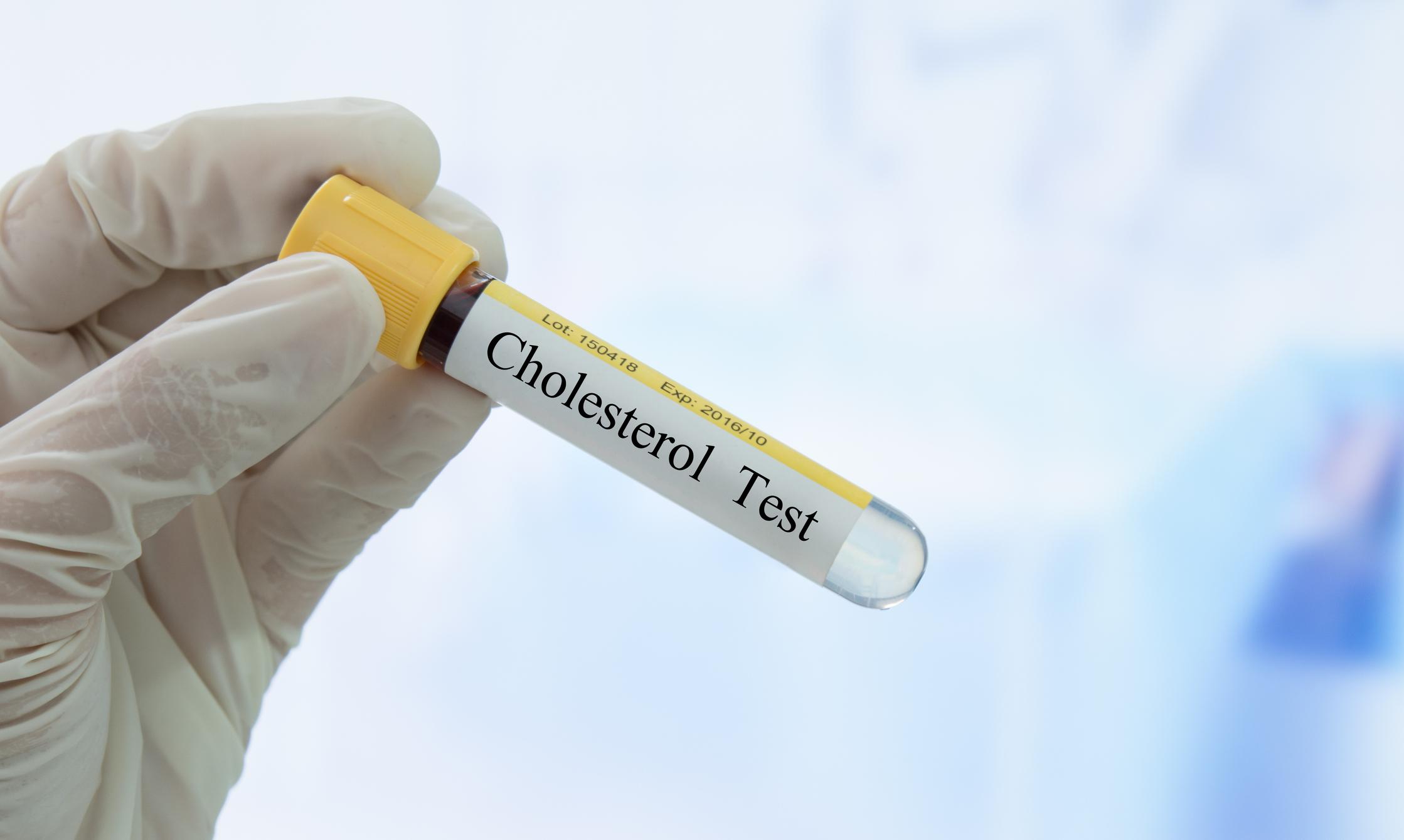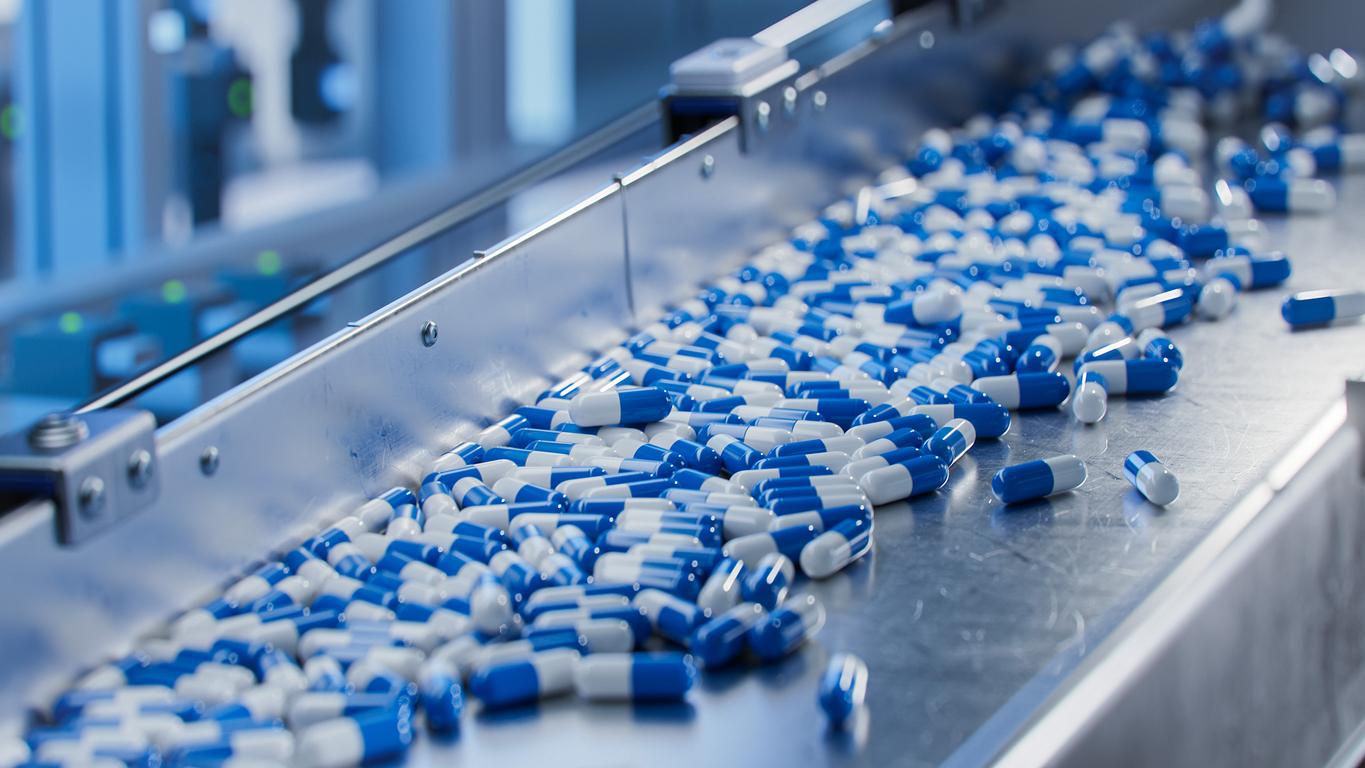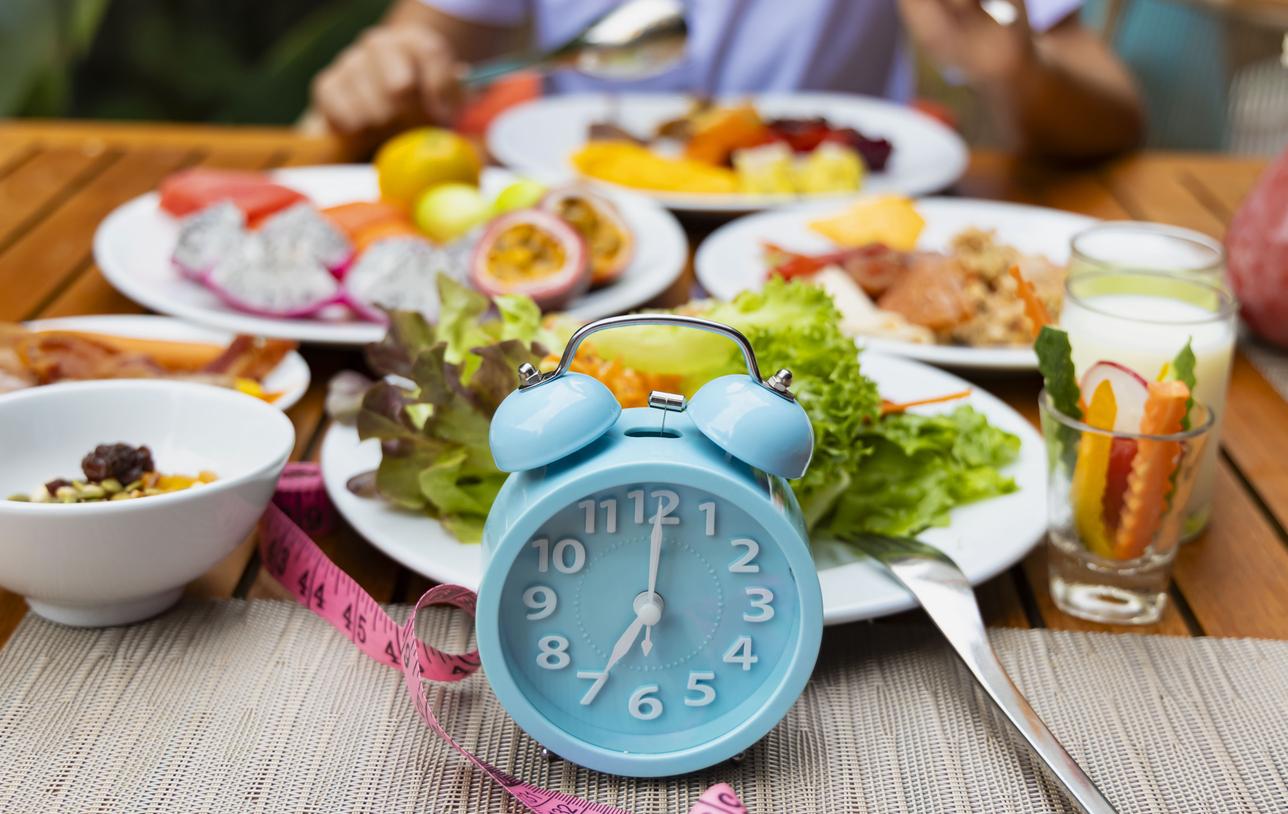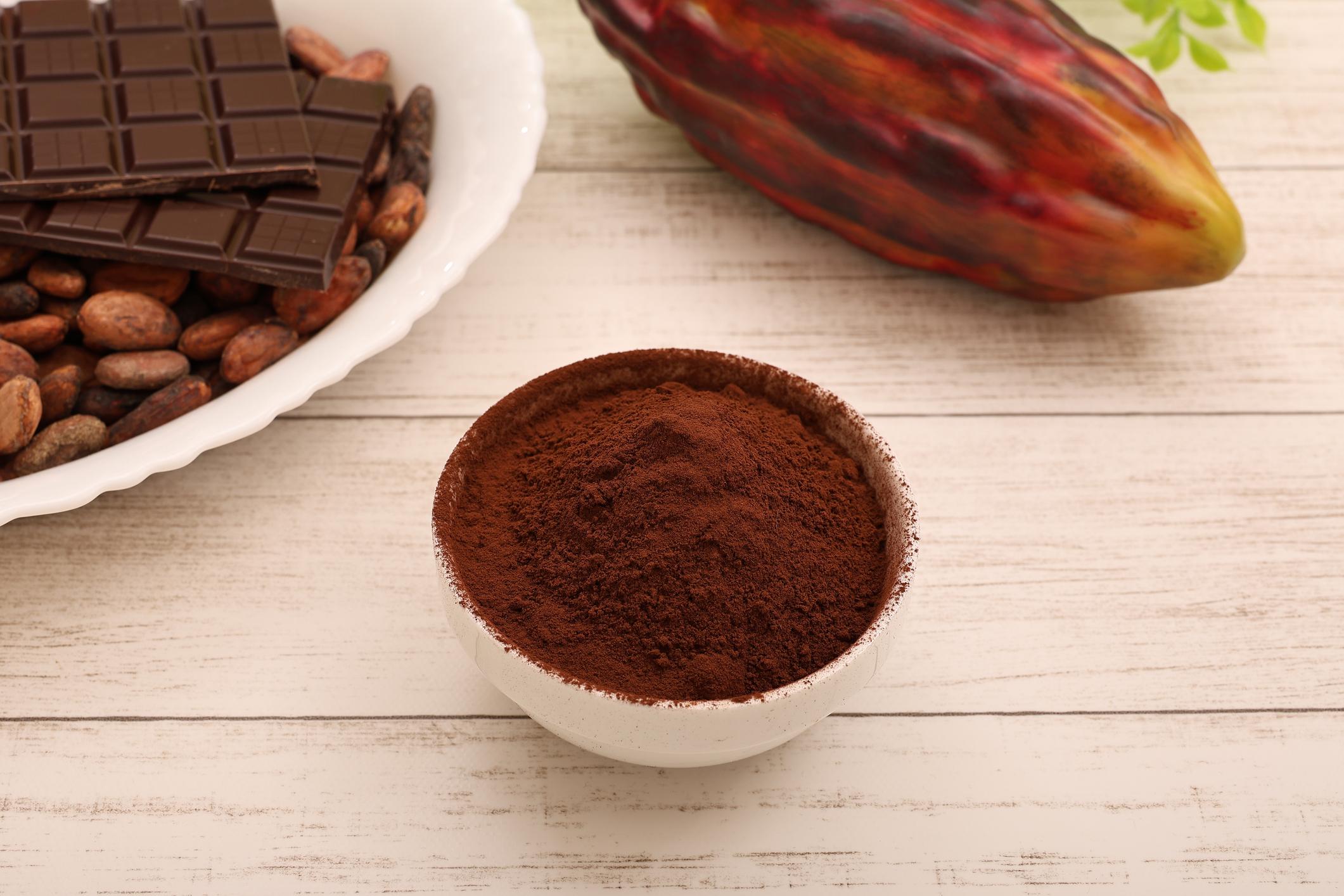Hypercholesterolemia results in the increase of “bad” cholesterol in the blood. An American cardiologist reveals four foods that can help her and increase the risk of cardiovascular disease.

- The “bad” cholesterol increases the risk of developing cardiovascular diseases such as angina pectoris or myocardial infarction.
- High density cholesterol (HDL) corresponds to the “good” cholesterol, because it eliminates the excess cholesterol present in the blood.
Made naturally by the body, cholesterol is a liquid whose quantity increases or decreases depending on the diet. There are two types of cholesterol: high density (HDL) and low density (LDL).
Hypercholesterolemia is characterized by the increase of LDL, in other words “bad” cholesterol, in the blood. This type of cholesterol can promote the formation of plaques and fatty deposits on the walls of the arteries of the heart when it is present in large quantities. The consequences of hypercholesterolemia impact cardiovascular health, but they can be prevented through lifestyle and dietary measures.
Foods that promote the onset of hypercholesterolemia
In an interview with the magazine make itDr. Elizabeth Klodas, cardiologist, revealed four foods that may be responsible for high cholesterol.
The specialist notably warned about the risks of red meat which contains saturated fats. Instead, she advises eating fish and shellfish. “Shrimp may be high in cholesterol, but as long as you don’t drizzle them with butter, they’ll provide you with plenty of protein while leaving your blood cholesterol alone”, said the cardiologist. The latter also recommended favoring small amounts of lean meat and eating red meat no more than once a week.
How to replace foods high in saturated fat and sugar?
Another source of saturated fat: fried foods. It is better to consume them in moderation to protect your cardiovascular health. To replace them, you can prepare, in boiling water, potatoes or broccoli until they become crispy.
Processed meat such as bacon, hot dogs or cold cuts is classified as carcinogenic to humans by the World Health Organization (WHO). Its consumption is also very bad for the cardiovascular sphere. It is therefore recommended to limit the presence of these products on a daily basis and to reserve them for special occasions.
Industrial cakes and pastries also have several disadvantages: they are low in nutrients, contain large amounts of saturated fat, are high in calories and high in sugar. It is recommended to substitute these products with homemade cakes, controlling the amount of sugar used.

















